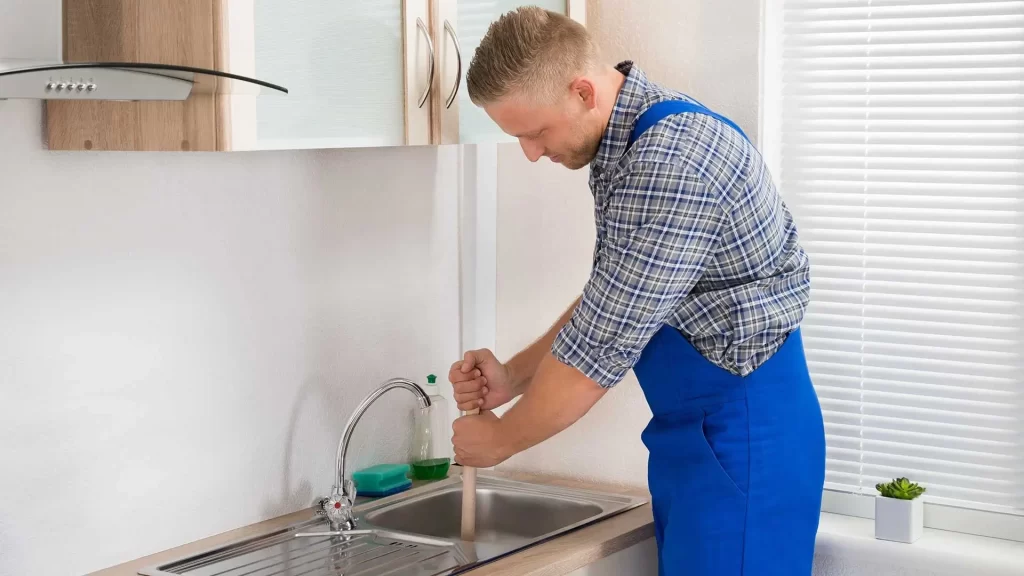How to Maintain Kitchen Plumbing and Avoid Costly Repairs
 The kitchen is one of the most frequently used spaces in any home, and its plumbing system plays a crucial role in keeping everything running smoothly. From the sink and faucet to the garbage disposal and dishwasher, these components endure constant use and wear. Unfortunately, many homeowners overlook their kitchen plumbing until an issue arises—often resulting in expensive repairs. The good news? With a little regular maintenance and smart habits, you can prevent most kitchen plumbing problems before they start.
The kitchen is one of the most frequently used spaces in any home, and its plumbing system plays a crucial role in keeping everything running smoothly. From the sink and faucet to the garbage disposal and dishwasher, these components endure constant use and wear. Unfortunately, many homeowners overlook their kitchen plumbing until an issue arises—often resulting in expensive repairs. The good news? With a little regular maintenance and smart habits, you can prevent most kitchen plumbing problems before they start.
Be careful what goes down the drain
One of the most important things you can do is be careful what you pour down the sink. Fats, oils, and grease may seem harmless when they’re hot and liquid, but they solidify in the pipes, causing stubborn clogs. Coffee grounds, eggshells, fibrous vegetables (like celery), and pasta can also contribute to clogs.
Use your garbage disposal correctly
Garbage disposals are convenient, but they are not indestructible. Always run cold water during use and avoid overloading the disposal. Do not put hard objects like bones or fruit pits in the disposal, and avoid starchy foods like potato peels, which can form a thick paste. A monthly cleaning with baking soda and vinegar can help eliminate odors and keep the blades clean.
Check for Leaks Regularly
Even a minor leak beneath the sink can escalate into a significant issue if ignored. Regularly inspect all visible pipes, fittings, and hoses for any signs of moisture, rust, or mold. Don’t forget to check inside the cabinet under the sink to ensure it stays completely dry. A musty smell or water stains are warning signs that something is leaking and needs attention.
Clean the Sink Strainer and P-Trap
The sink strainer helps catch food debris, but it needs to be cleaned regularly to keep it effective. Also, the P-Trap, the curved pipe under the sink, can collect dirt and food debris over time. If your sink is draining slowly or smells bad, it might be time to remove and clean the P-Trap. This is usually a simple DIY job with a bucket and wrench, but you can call a plumber if you have any concerns.
Run hot water after each use
A simple but effective habit is to run hot water down the drain for about 15-30 seconds after using the sink. This helps flush out oils and debris before they solidify and cause a clog. It’s an easy way to keep the water flowing smoothly through your pipes.
Call Emergency Plumber in Stoke-on-Trent. We are your right contact partner.
